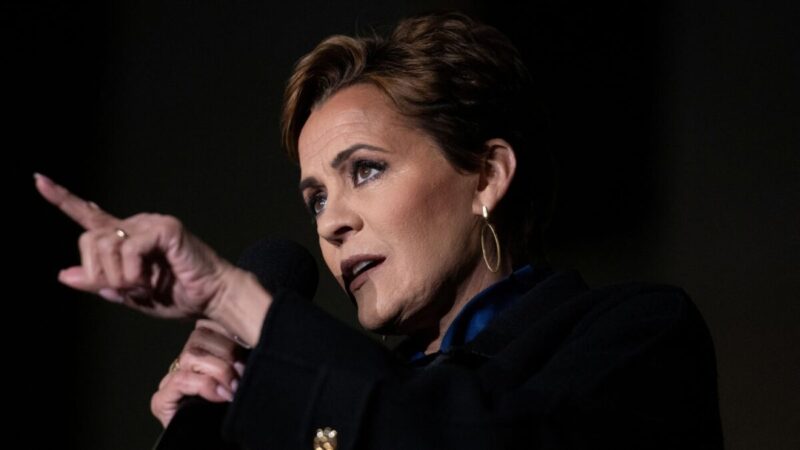Kari Lake Announces A Reduction In Force At US Agency
In an unfolding constitutional standoff that’s drawing sharp lines between the federal judiciary and the Executive Branch, Acting CEO of the U.S. Agency for Global Media (USAGM), Kari Lake, has taken a decisive—and controversial—step that signals a direct challenge to a federal court’s authority. Just one day after Senior U.S. District Judge Royce C. Lamberth ruled against the termination of Voice of America (VOA) Director Michael Abramowitz, Lake announced a sweeping Reduction in Force (RIF) that will eliminate 532 federal positions at USAGM.
The timing is no coincidence. On Thursday, Judge Lamberth issued a stern rebuke of Lake’s actions, asserting that her aggressive push to “right-size” the agency was skirting the edge of contempt. His ruling leaned heavily on established Supreme Court precedent, particularly regarding the president’s limited authority to dismiss inferior officers whose removal is statutorily constrained.
But Kari Lake, citing both constitutional grounds and presidential directive, fired back—publicly and pointedly.
“We are conducting this RIF at the President’s direction to help reduce the federal bureaucracy,” Lake wrote on X. “USAGM will continue to fulfill its statutory mission after this RIF—and will likely improve its ability to function and provide the truth to people across the world who live under murderous Communist governments and other tyrannical regimes.”
ANNOUNCEMENT—
U.S. Agency for Global Media Eliminates 532 Government Positions
Washington, D.C. – Tonight, the U.S. Agency for Global Media initiated what is known as a reduction in force, or RIF, of a large number of its full-time federal employees. We are conducting this RIF at… pic.twitter.com/LWeO9w0RNQ— Kari Lake (@KariLake) August 30, 2025
It was more than a policy announcement—it was a line in the sand. And it raises critical constitutional questions: Where does the Executive Branch’s authority end, and when can the Judicial Branch intervene?
Judge Lamberth made his position clear, dismissing the administration’s constitutional argument as inconsistent with precedent. His decision referenced Seila Law LLC v. CFPB, which reaffirmed the president’s broad removal powers—but with key exceptions. One such exception appears to apply to the current situation: the VOA director, who, according to federal statute, can only be removed with the approval of an independent board.
However, Solicitor General D. John Sauer has entered the fray with a sharply worded legal defense. Citing Article II of the Constitution and the Supreme Court’s majority opinion in Seila Law, Sauer argues that the statute itself is unconstitutional. The Chief Executive, he says, must retain the authority to remove officials who wield substantial administrative or policymaking powers—especially those involved in matters tied to foreign policy, such as the head of VOA.
In the meantime, Lake is not backing down. She claims Abramowitz was not fired but reassigned, a move she suggests was within her authority. His refusal to accept the new role, she argues, does not equate to wrongful termination.


